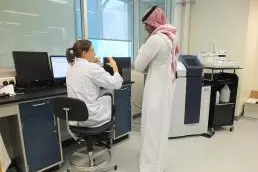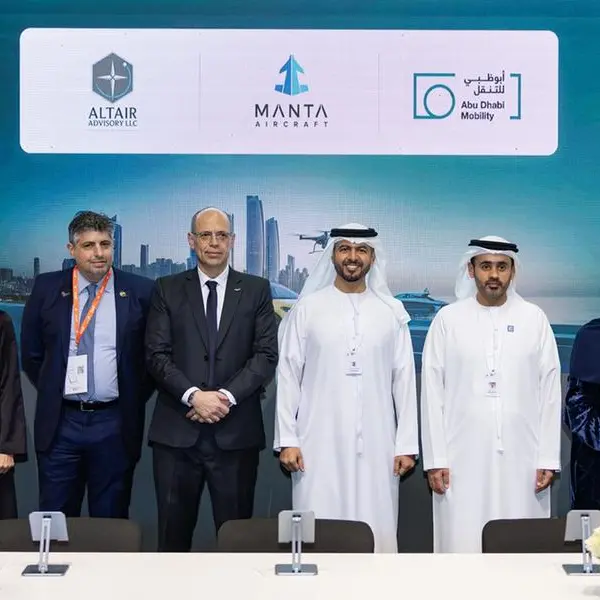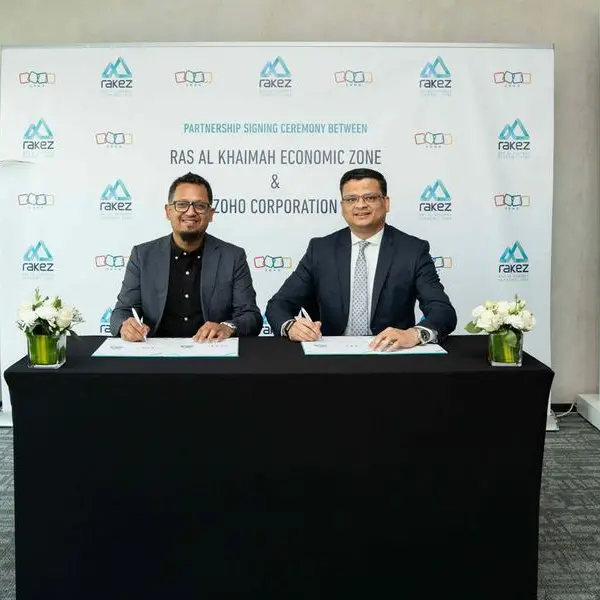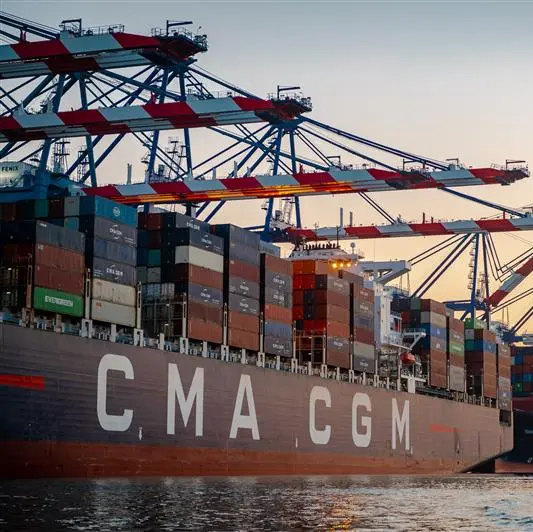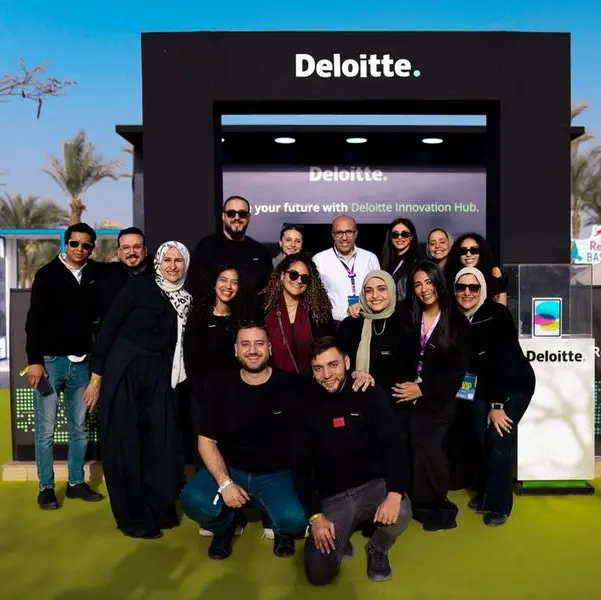PHOTO
Doha, Qatar, 11 February 2015
Qatar Environment and Energy Research Institute (QEERI), a member of Qatar Foundation for Education, Science and Community Development, is leading the nation's efforts towards the National Water Security Grand Challenge, which includes projects related to desalination and treatment technologies, water quality and exposure, among several other research topics.
This study, which analyses tap versus bottled water, is a clear example of how the Research and Development institutes of Qatar Foundation support its goal of improving the health and social well-being of Qatar's population, while preserving and improving its natural and built environment.
QEERI has determined that tap water and bottled water in Qatar is very safe to drink. "The quality of Qatar's drinking water is very high, higher than many local consumers think," said Nora Kuiper, a leading researcher on the project at QEERI.
"The real take away message is that tap water in the country is just as safe as bottled water, either locally produced or imported brands," added Candace Rowell, a fellow researcher working on this project.
QEERI scientists used advanced analytical tools to characterize 113 tap water and 62 bottled water samples collected across Qatar. All samples were analyzed for elemental content and volatile compounds.
"We interviewed people in their homes to get an idea of what people were drinking and why. We needed to understand how local residents feel about Qatar's drinking water," explained Candace Rowell
The answers were clear, only about 30 per cent of the local population regularly drinks tap water, most people prefer to drink bottled water.
QEERI scientists determined that Qatar's tap and bottled water conform to the quality guidelines established by the World Health Organization (WHO) and the United States Environmental Protection Agency (US EPA).
The guidelines exist for trace elements (such as lead and arsenic) and organic compounds (such as benzene) that may cause negative health outcomes or affect the taste or odour of water.
All of the tap and bottled water in Qatar is safe to drink, but some imported water has higher concentrations of tested parameters such as arsenic (average concentration in imported water = 0.62 parts-per-billion (ppb)); and chromium (1.04 ppb) than the locally produced tap and bottled water.
This is likely because imported water comes from natural freshwater sources that can contain naturally occurring elements, such as arsenic, that are present in different types of rock or sediment and can leach into the drinking water source. However, the levels observed in imported water brands in Qatar are still much lower than the health based guidelines for drinking water. The guideline values for arsenic and chromium are 10 ppb and 100 ppb, respectively.
The QEERI team went on to investigate how people's behaviour can influence the quality of their water. Heat and UV radiation (from the sun) can have a real impact on bottled water. Plastic bottled water containers are safe to use for storing and holding your drinking water, but they should be protected from sun and extreme heat.
Heat and sun exposure weaken the bottle and can release chemicals, such as antimony and lead, from the container into the drinking water. Both of these elements have been shown to have negative effects on health, including cardiovascular effects, if consumed over a prolonged period of time. Therefore, bottles should be carefully protected from these conditions to protect the health of the nation. This is as simple as not leaving bottled water in a car during the summer months.
For more information about QEERI, please visit: www.qeeri.org.qa/
-Ends-
About Qatar Environment and Energy Research Institute
Qatar Environment and Energy Research Institute (QEERI) is a member of Qatar Foundation for Education, Science and Community Development. Aligned with the Qatar National Vision 2030's strategy of transforming the State into a diverse and sustainable knowledge-based economy, QEERI plays a leading role addressing the national Energy and Water Security Grand Challenges through Research and Development (R&D). QEERI's water R&D program is developing innovative technologies in water desalination and treatment, water reuse, and aquifer recharge. QEERI's energy R&D focuses on Solar Photovoltaics (PV), Energy Storage and Smart Grids.
© Press Release 2015
